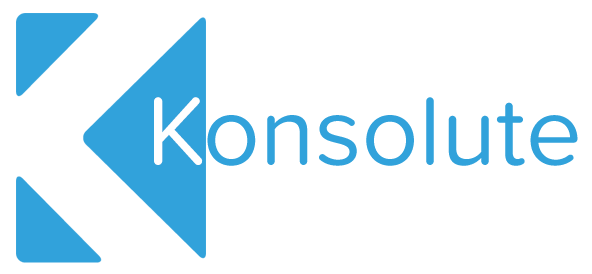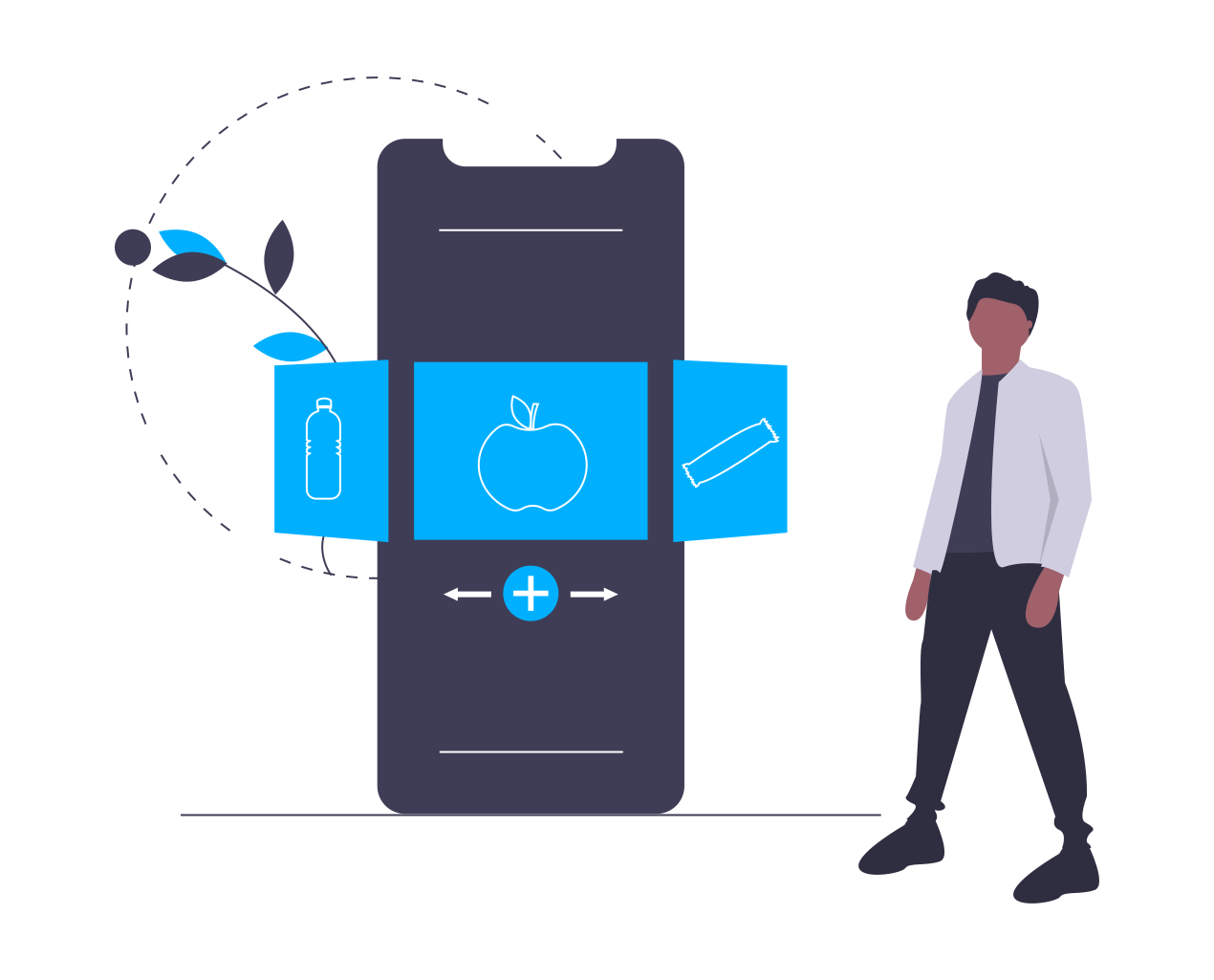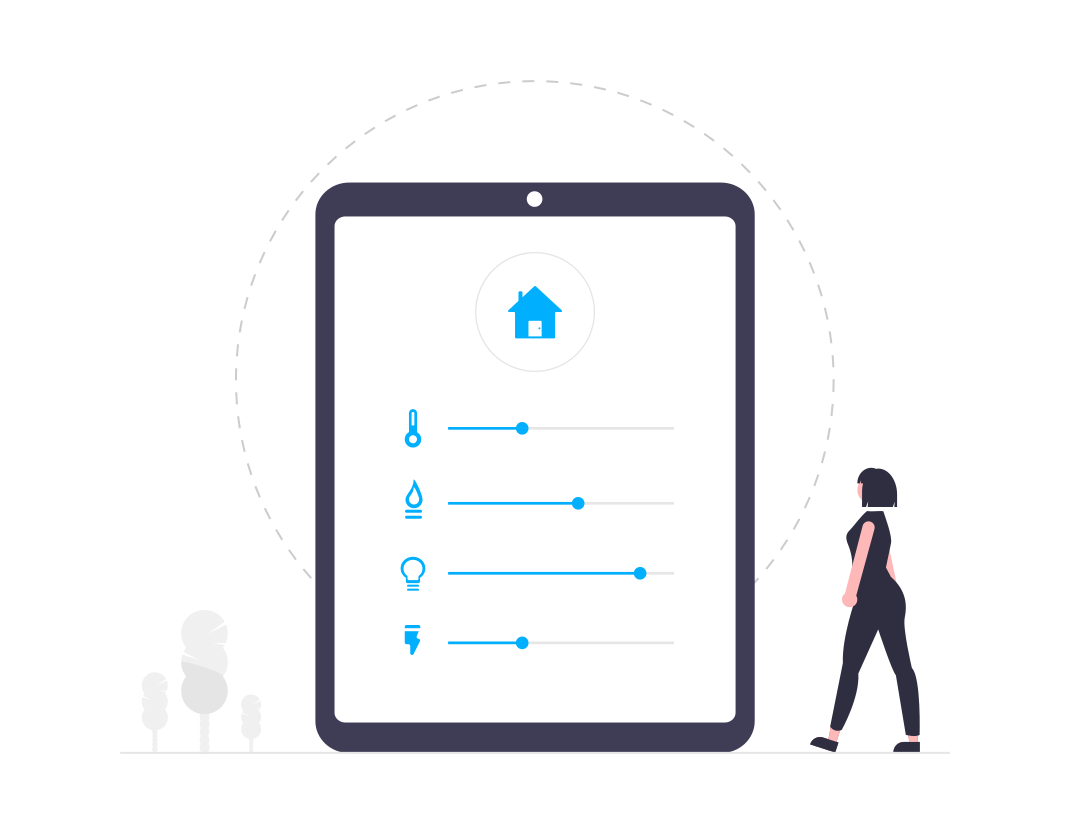Modern Workplace
The latest from Microsoft on the future of Modern work, the 2022 Work Trend Index and an exciting road map to make hybrid work work.
If there’s one thing to be taken from Microsoft’s latest work trend index it’s this- the people who went home to work in 2020 are not the same people returning to the office in 2022.

Microsoft’s annual work trend index outlined findings from a survey of over 30,000 people globally, along with an analysis of trillions of metadata points in Microsoft 365 and work trends on platforms such as LinkedIn. Microsoft have looked at everything from what motivates employees to stay to the role technology plays in creating a worthwhile work experience and everything in between.
If there’s one thing to be taken from Microsoft’s latest work trend index it’s this- the people who went home to work in 2020 are not the same people returning to the office in 2022. There’s no erasing the experience of the last two years and employee expectations are higher than ever. They want the best of both the virtual and real world, and are forging careers that prioritize personal goals and well-being.
Needless to say, there have been some fascinating results from Microsoft’s 2022 Work Trend Index, that support the idea that there will be no ‘return to normal’. Understanding and keeping pace with new professional benchmarks is a challenge facing every leader today. It is undoubtedly a skill that will be vital to future organisational success.
It appears that 5 key trends appeared out of this study which are detailed in the latest Viva 365 blog. We’re taking a moment to go over those points and provide a quick and accessible overview of Microsoft’s findings.
The great reshuffle is far from over
Employee priorities have changed for good. What people want out of work and what they’re willing to sacrifice for a job has evolved. The survey found 53% of people are now more likely to prioritize their health and well-being over work. These aren’t empty words — 18% of respondents quit their jobs last year. Looking ahead, 52% of Gen Z and millennials are likely to consider a new job in the next year.
Incentivised office time
It’s time to rethink the role of the office and adopt a degree of intentionality around the who, where and why of in-person gatherings. Today, 38% of hybrid employees say their biggest challenge is knowing when and why to come into the office, yet only 28% of leaders have created new team agreements for hybrid work. The idea is that these new features will ensure the office is a positive addition to the employee experience helping all employees feel connected, engaged and able to innovate and do their best work.
It’s time for managers to meet employee demand
Keeping pace with ever evolving employee needs is demanding. In fact, managers that take a genuine interest in the holistic wellbeing of their employees are the only way to ensure these needs are met. Line managers are closest to employees and have the greatest visibility into problems and solutions. But all that insight doesn’t add up to much if managers aren’t able to act. For instance, despite the undeniable desire for flexibility we see in our research, 50% of leaders say they have plans for a full in-person return to the office this year. Our suggestion? Perhaps Leaders need to be listen to their managers if they value staff retention.
The ‘always on’ approach to flex working needs to go
Based on productivity trends in Microsoft 365, we see meetings and chats are more than likely to exceed the traditional 9-to-5 workday we’ve known for so long. In fact, weekly time spent in meetings for the average Teams user is up 252% since March 2020, and after-hours and weekend work has grown at 28 percent and 14 percent respectively. That’s huge. It’s great to see people reshaping the day to meet their needs and it certainly provides welcome flexibility for those with other commitments outside of work. But for this kind of model to be sustainable, managers should be encouraged to set boundaries and guard against a 24/7 workday.
The social side of work is still suffering
The shift to a hybrid workplace starts with culture not new technology or corporate policies. Organisations must embrace a growth mindset, a willingness to reimagine nearly every aspect of the way work gets done. Every employee will need to develop new skills to adapt to this new way of working, and with the right support and tools, hybrid work can unlock potential for a workplace that works for everyone.
Like our ideas? Drop us a message we’d love to chat. Check out our Viva Consulting offering to see how we’re helping leaders reimagine their workplace.
Did you know that we host live demos so you can see our product in action? Click below to request a showcase of how Reflekt can revolutionise your online learning environment.
3 key trends that prove workflow automation is the key to combating poor employee experience.
April 8, 2022
This weeks discussion is finance, the finance cloud and the AI that’s driving modernisation. Blockchain and mobile…
AI, apps and cloud banking are shaping the investment and banking institutions we all know so well. So, how is the finance sector taking all of this increased accessibility and actionable data and using it for good?
February 22, 2022
This weeks discussion is finance, the finance cloud and the AI that’s driving modernisation. Blockchain and mobile…
A new united Nuclear Waste Service, Hinkley Point C and the pressure of Net Zero.
February 16, 2022
Today we’re discussing the UK’s efforts to manage radioactive waste and the Nuclear landscape the UK government is…
We’re working with the Nuclear Sector and playing our part in the UK’s Journey to a cleaner energy future.
February 3, 2022
Investment in new nuclear capacity is essential to the UK hitting net zero. Building our Nuclear offering will ensure a…
Reflekt was born out of an urgent need for better data oversight and governance…
January 28, 2022
Reflekting on International Data Privacy Day we’ve been discussing our own contribution to data privacy awareness and…





